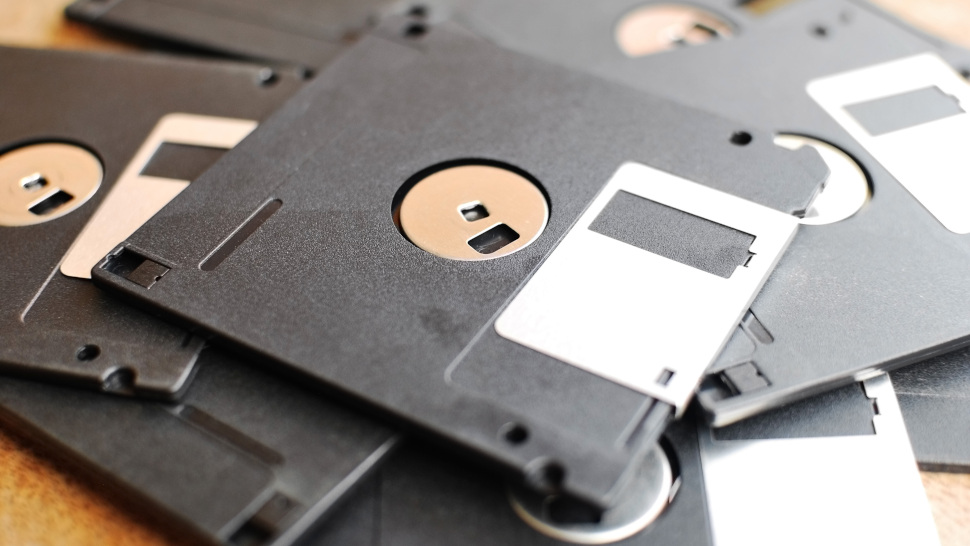Japan wants to finally kill off floppy disks for good
Floppy disks still play a key role in Japan

The Japanese government is looking to eliminate the use of floppy disks as it aims to reduce its reliance on outdated technology.
An edict from the country's digital minister has declared "war" on floppy disks as part of a campaign to cut out a number of older platforms and tools
Taro Kono is now looking to rewrite rules that demand the use of floppy disks and equally outdated CD-ROMs when sending data to the government in Japan.
Farewell to floppy?
Bloomberg reports that the news was revealed at the 5th Digital Society Concept Conference, where it was part of plans to launch a national ID number for all Japanese citizens.
This new ID system, set to be called MyNumber, forms part of the Japanese government's future digital services, much of which will require the uploading of data to online platforms.
However, in researching the needs for the program, Kono and his department found more than 1,900 regulations concerning how data can be shared with the government, many of which stipulate the use of floppy disks or CD-ROMs, as uploading data over the internet is not permitted for security reasons.
Kono has now said his department will look to fix these regulations so that the modernization efforts can continue.
Are you a pro? Subscribe to our newsletter
Sign up to the TechRadar Pro newsletter to get all the top news, opinion, features and guidance your business needs to succeed!
The move is only the latest in a series of efforts in Japan to decrease the reliance on older technology. The Register notes that former prime minister Yoshihide Suga looked to crack down on the use of fax machines and seals, although this was unsuccessful due to him losing his job.
However, a survey in May 2022 found that the fax machine is still very much alive and kicking, with the majority (54%) of companies saying they had between 6 and 50 fax users, and a fifth claiming there were 51 or more fax users within their organizations.
Contracts make up the majority (56%) of files sent by fax, followed by tenancy agreements (44%), company accounts (31%), commercially sensitive documents (28%), and documents containing sensitive banking details (26%).
- Looking to boost your capacity? Here's the best cloud storage services around

Mike Moore is Deputy Editor at TechRadar Pro. He has worked as a B2B and B2C tech journalist for nearly a decade, including at one of the UK's leading national newspapers and fellow Future title ITProPortal, and when he's not keeping track of all the latest enterprise and workplace trends, can most likely be found watching, following or taking part in some kind of sport.